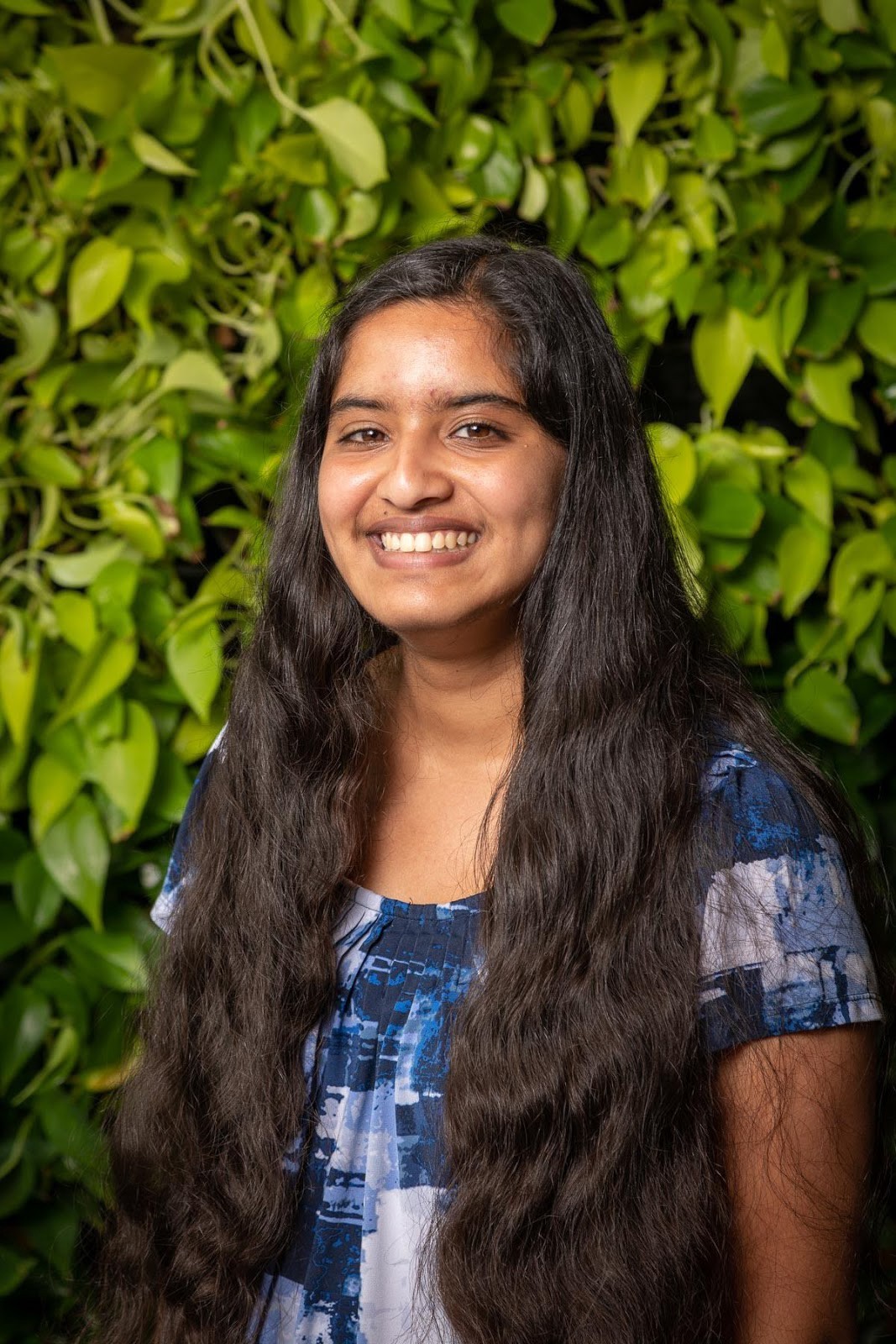Moriah Baxevane-Connell (she/her)
Moriah Baxevane-Connell (she/her) is an expat-American living in London. After accidentally falling into tech while at university, Moriah has embraced working in this fast-paced, ever changing environment. After spending almost five years at Microsoft as a SQL consultant, Moriah moved to the UK and obtained an MBA from the University of Oxford. Throughout her career, she has stayed focused on initiatives that encourage, promote, and support women in tech through conferences, speaking engagements, mentoring programs, and more.
1. How did you get into tech?
I entered university as a math major, without any sort of idea or plan of where I wanted my degree to take me, what I wanted to do with my career, or where I wanted to be in five years. (Spoiler alert: this becomes a recurring theme in my life.)
I had to take a C++ class as part of my math degree during my first term and walked in without even the slightest idea of what computer programming was. After four months with an unbelievably patient professor, programming finally clicked, and I realized I enjoyed it. Many conversations with three of the female IT professors in the department, several trips to Grace Hopper Conference, and a presentation by a PwC consultant later, I finally changed my major to both IT and Psychology and had a direction in life — technology consulting. From my attendance at GHC, I was connected to Microsoft, and I received a job offer to join them post-graduation as a Technology Consultant based in Seattle.
2. Where’s your hometown?
Brodheadsville, Pennsylvania — a tiny, rural, town in the middle of the Pocono Mountains, with no sidewalks and approximately six traffic lights within a 30-mile radius. Just to give you an idea of how small-town it actually is, my high school had the first day of buck (deer) hunting season off every year; ‘Tractor Day” was an annual tradition where students drove their tractors to school; and every Friday night the whole town was at the high school football game.
3. What’s a time you faced a struggle, and how did you deal with it?
Starting out my career as a young woman in tech was eye-opening. If I had $1 for every time I was asked to get coffee, reserve conference rooms, order in lunch, book a place for dinner, take notes — or even organize a colleague’s baby shower! — I would never have had to take a loan out for my MBA in 2018, that’s for sure.
In my short career, I’ve been called ‘sweetie’ in meetings in front of the customer, had my answers to technical questions ‘fact-checked’ by male counterparts countless times, been told to focus more on technical work instead of attending and speaking at ‘lady conferences’, and the list goes on and on and on. What’s worse is these are not isolated incidents; I can imagine most (if not all) women reading this are nodding in understanding as they’ve experienced similar, or even many of the same, things. This ongoing struggle is one I’m passionate about changing for future generations, and all of my past experiences above only fuel my push for greater awareness, more allies, and continued support across the field.
4. What’s a time you did something you were immensely proud of?
As I alluded to earlier, my life has never really been planned out. I’ve never had a five-year plan, or even a one-year plan, and my focus on the future has mostly been on having a job where I can travel, learn new things, and work with interesting and smart people.
However, ever since 2006, I’ve had a dream of living and working abroad — specifically the UK. I spent years at my first job doing everything I could to get myself across the pond, and succeeded in spending a few months in London over five years on short projects, but it wasn’t enough.
When many of my colleagues of the same age started leaving their jobs to get MBAs or attending MBA programs part-time, I thought they were crazy. Go back to school?? No way, no how. Until I realized it meant I could be one step closer to 16-year-old-Moriah’s dream. I decided in December 2016 that I was going to attend an MBA program in the UK the next year, and less than four months later, I had studied (read: crammed) for and taken the GMAT, applied, interviewed, and accepted an offer at the University of Oxford’s Said Business School for the 2017–2018 MBA cohort. I’ve since been able to stay in the UK, living and working in London and accomplishing a ten-year-old goal!
5. Favorite food?
Too many to name, but at the moment I’m craving a classic bacon, egg, and cheese on an everything bagel. Oddly specific, but I can’t explain how much I miss it; I have yet to find it here in the UK.
6. Favorite book?
Invisible Women by Caroline Criado Perez. I’m attempting to memorize all of the incredible statistics and information she’s given in this book, which is proving to be impossible, but it doesn’t stop me from quoting what I can remember at any chance I get.
7. If you could try another job for a day, what would it be?
For the last 5+ years, I’ve been cutting my own hair, and recently I’ve begun doing it for a few friends as well. While I don’t have any 5-star Google reviews yet, I’d love a job out from behind a computer, working with my hands…hairdresser or baker would be top of the list!





